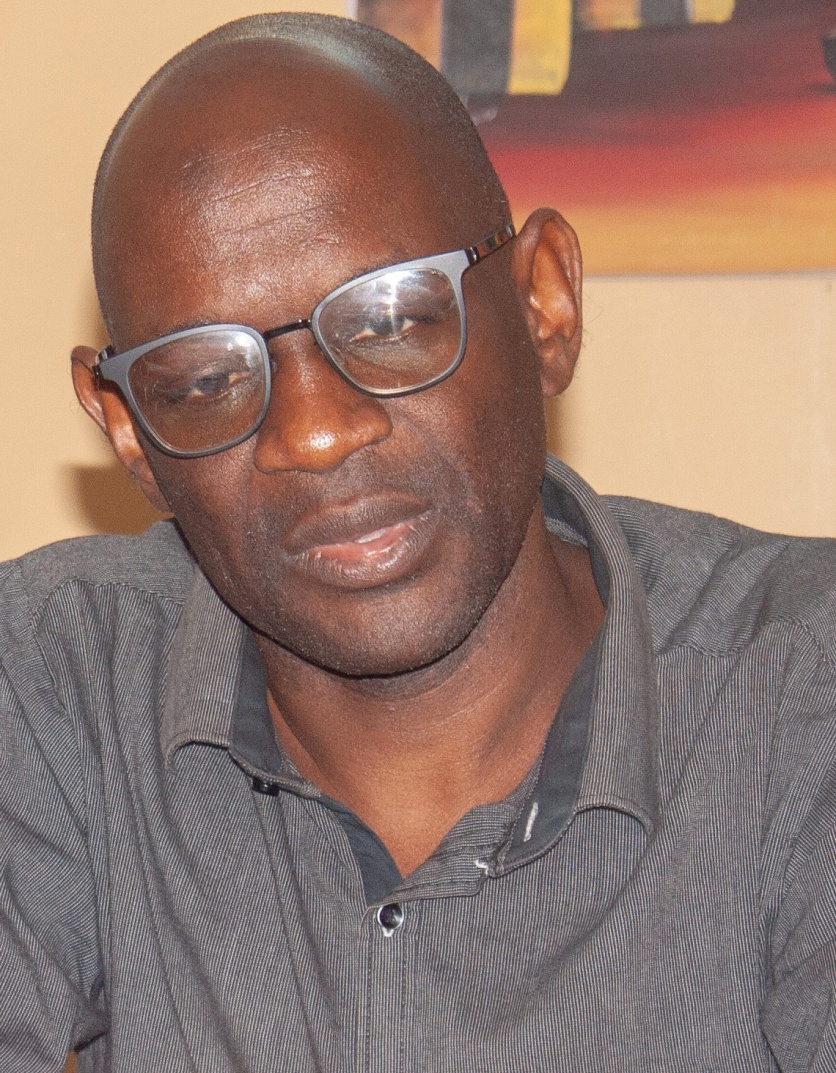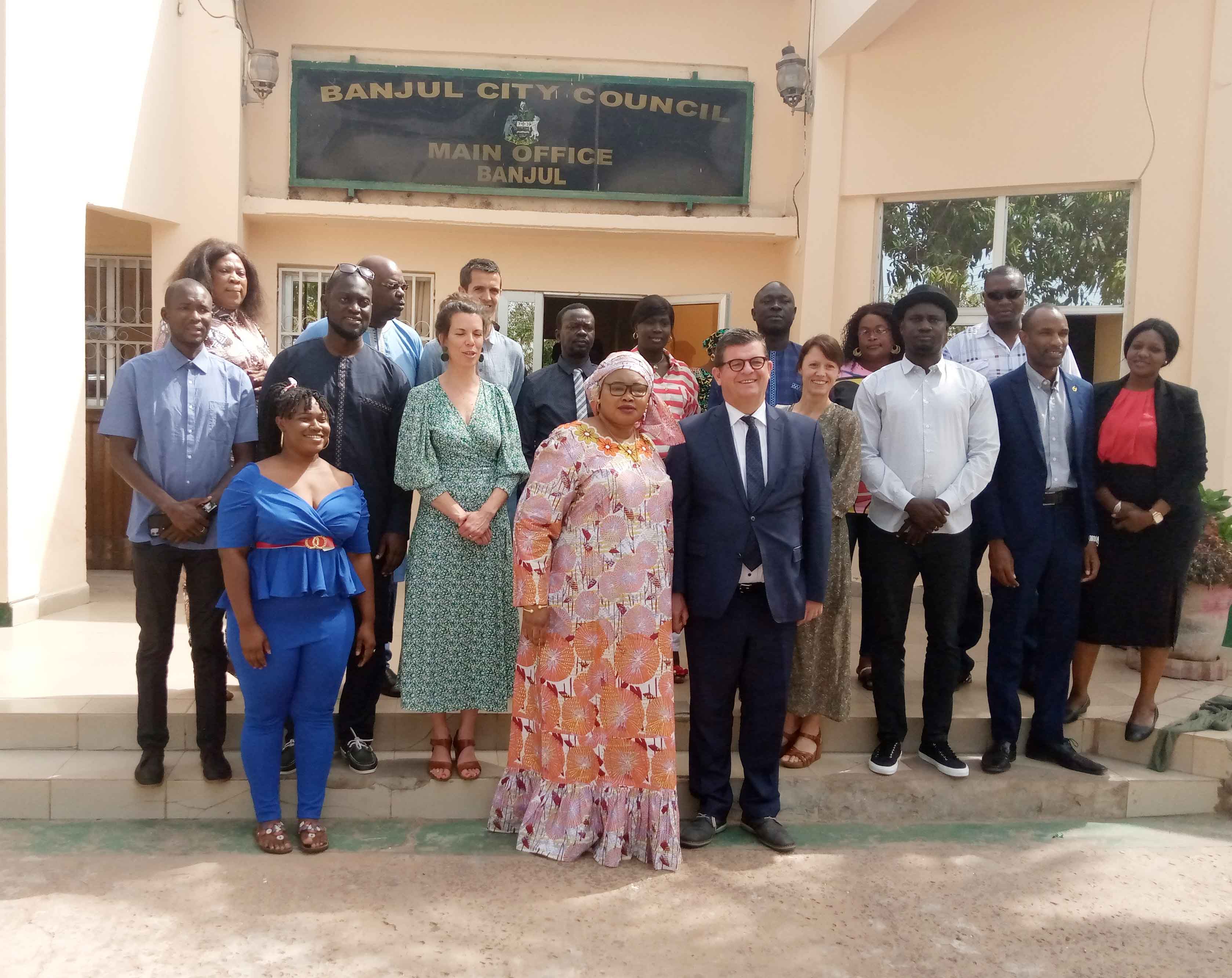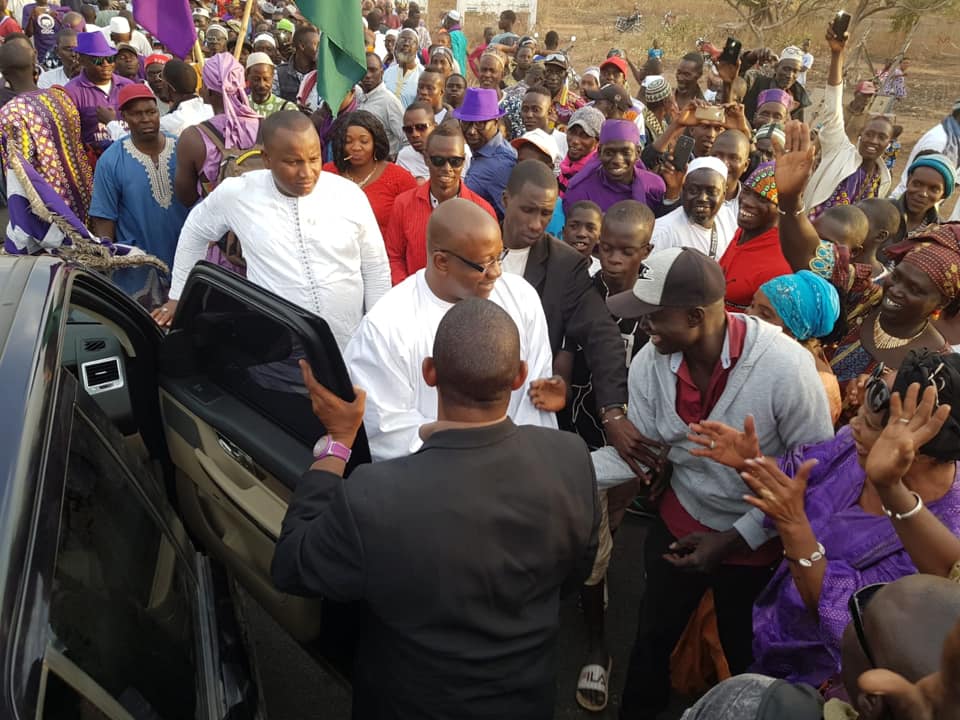By Yunus S Saliu
The Gambian researcher cum historian has described the grave of the late former President Sir Dawda Kairaba Jawara as a place of inspiration, education and knowledge for the Gambian and non-Gambian generations and also those to visit the Gambia in future.
Hassoum Ceesay who is also the acting Director General of National Center for Arts and Culture said the late President deserved the state burial honored to him and that the place where he’s buried befits him. He said “been a champion of democracy and multiparty rule, it is an appropriate place for him to lie in eternal life because the National Assembly is a symbol of The Gambia democracy.”
Further to the honor he deserved, he said the grave of late President Sir Dawda Kairaba Jawara would be turned to a mausoleum and visitor’s center to serve as a museum/library “where generation and future generations can come and pay homage to his remains and also see some of his artifacts materials which he had worked with such as his books, clothes, papers among others.
Added that “it is for people to learn about what he represented when he was alive in term of stability, peace, rule of law and respect for human rights the virtue which he stood for.
Therefore the grave is going to be more than a resting place but a place of inspiration, education and knowledge for the generations of Gambians and non-Gambians today, tomorrow and those to visit the Gambia in future.”
Commenting on the late president’s leadership style when he was alive, DG Hassoum said the late Sir Dawda’s leadership style has many lessons for this present and future generation to learn from: “number one is dialogue to solve our problems being it political, economical and social.
Sir Dawda didn’t teach us to protest, demonstrate, destroy or burn things as all issues facing as a country even the struggle for independent then came through dialogue as political parties met to discuss them, so dialogue should be the center.”
The number two lesson stated is to “maintain peace, stability, the rule of law and peace. This means to maintain ethnic and religious peace and harmony, internal stability particularly maintaining good relationship.
Another lesson, the rule of law means allowing justice to take its cause no matter who is involve or what is involve “because when the rule of law is promoted people will have faith in government, in the country and be sure of justice.”





